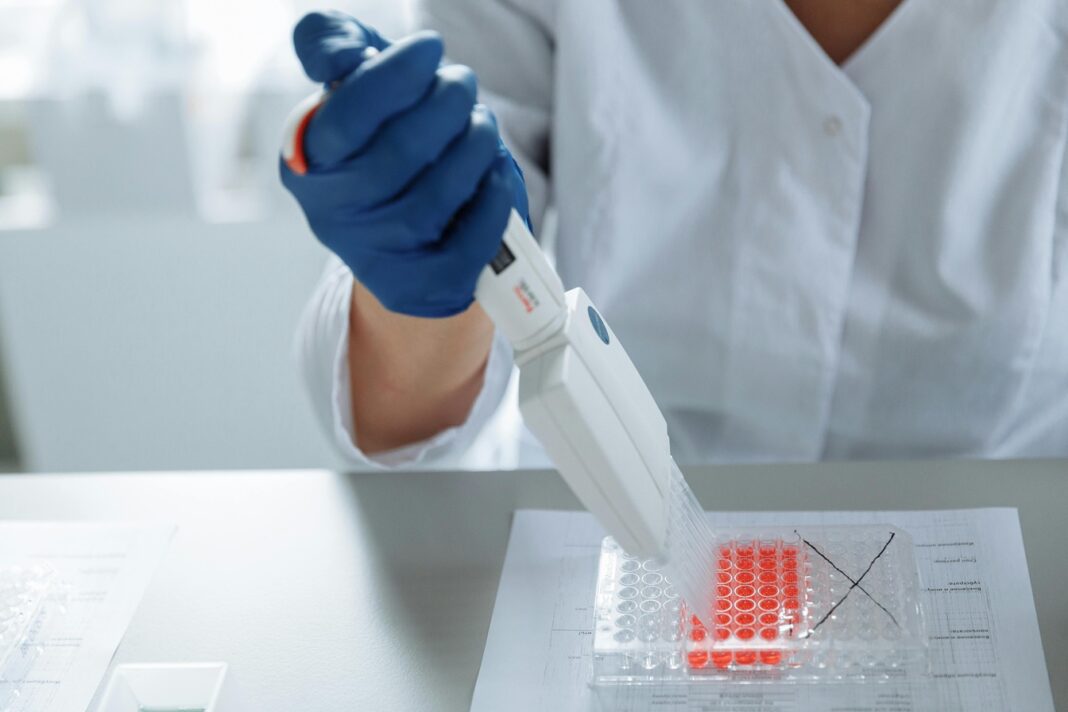Advancements in medical science now make it possible to conduct a DNA test on an unborn child, according to the American Pregnancy Association. These tests are performed for various reasons, including confirming paternity, diagnosing genetic conditions, or understanding the baby’s biological makeup. Let’s take a look at how these tests work, and their safety.
Can a DNA Test be Conducted on an Unborn Child?
Yes, it is possible to conduct a DNA test on an unborn child. This process is known as prenatal DNA testing and can be done using several advanced methods. The procedure for this is non-invasive or minimally invasive, to ensure the safety of the mother and the baby.
READ ALSO: DNA: 27% of Nigerian men not biological fathers – Report
Methods of Prenatal DNA Testing
1. Non-Invasive Prenatal Paternity Testing (NIPP)
This method uses a small blood sample from the mother and a cheek swab from the potential father. The baby’s DNA, which is present in the mother’s bloodstream, is analyzed to establish paternity.
This is a completely safe and non-invasive procedure and is usually performed after the 8th week of pregnancy.
2. Chorionic Villus Sampling (CVS)
A small sample of tissue is taken from the placenta through the cervix or abdomen. This test is invasive and carries a slight risk of miscarriage.
It is typically performed between the 10th and 13th weeks of pregnancy. It can also diagnose genetic disorders.
3. Amniocentesis
A needle is used to extract a small amount of amniotic fluid, which contains the baby’s DNA, from the womb. It has a slight risk of complications such as infection or miscarriage.
It is conducted between the 15th and 20th weeks of pregnancy and can detect chromosomal abnormalities like Down syndrome.
READ ALSO: Would you do DNA test for your kids if it was free in Nigeria?
Is It Safe to Conduct a DNA Test on an Unborn Child?
Its safety largely depends on the method used:
- Non-invasive tests like NIPP are entirely safe.
- Invasive tests like CVS and amniocentesis carry minimal risks but are generally considered safe when performed by experienced professionals.
Always consult your doctor before deciding on prenatal DNA testing.
Conclusively, it is entirely possible to conduct a DNA test on your unborn child, thanks to modern technology. Whether you choose a non-invasive method like NIPP or an invasive one like CVS or amniocentesis, you must consult with medical professionals.









